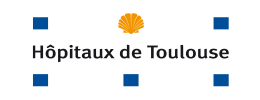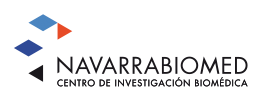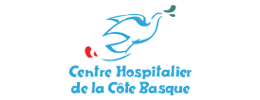EGALURG project
to improve health care in emergencies and disasters
What is it?
France and Spain share 656 km of border running straight through the Pyrenees mountain range. This geographic situation makes land communication between the two countries more difficult and can also limit access to emergency care for the people who live in these areas.
Thanks to the EGALURG Project (POCTEFA EFA 305/19), a cross-border cooperation network has been created to promote equal access to emergency and/or disaster healthcare by overcoming legal barriers and through specialized emergency training, technological development and innovation.
Within the framework of the POCTEFA Program, the EGALURG Project has been targeted for investment in social and healthcare infrastructure that contributes to national, regional and local development and reduces healthcare inequalities. It is also closely aligned with the area of specific risk assessment and intervention and the development of systems for managing disasters.
Mission and goals
The mission of the European EGALURG network is to reduce inequality of access to emergency healthcare in both remote areas and where the accident takes place. The following specific goals have been set to achieve this mission:
Goal 1.
To harmonize patient care practices and protocols to be prepared for and manage an emergency or crisis situation.
Goal 2.
To promote complete, coherent training on both sides of the border to ensure better collaboration between professionals.
Goal 3.
To develop innovative tools to increase efficiency in emergencies or disasters.
Partnership
The European EGALURG Project is being implemented thanks to the cooperation and networking of its four partners. The initiative is led by Toulouse University Hospital (Occitania), which is responsible for coordinating Navarrabiomed – Miguel Servet Foundation (Navarre), the Emergency Medical Services of Catalonia, and the Hospital Center of the Basque Coast in Bayonne (Nouvelle-Aquitaine). Each partner organization enjoys the active participation of a group of associate institutions in each region that collaborate on different project activities.
Centre Hospitalier de Perpignan
Centre Hospitalier de Toulouse
Centre Hospitalier Intercommunal du val d’Ariège
Centre Hospitalier Ariège Couserans
Association médicale transpyrénéenne
Université Paul Sabatier Toulouse 3
Hospital Nostra Senyora de Meritxell



